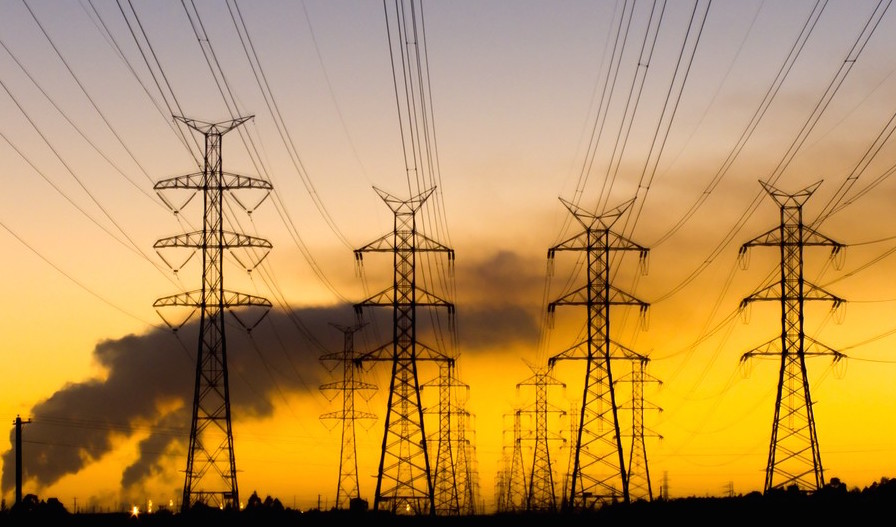- Focus on N435.7bn Under-recovery, Discos Tell NERC
The Association of Nigerian Electricity Distributors has asked the Nigerian Electricity Regulatory Commission to focus on the N435.7bn under-recovery by electricity operators in the country rather than being distracted by the activities of the body.
In a statement made available to our correspondent in Abuja on Wednesday, Chief Executive Officer, ANED, Azu Obiaya, said rather than dissipate energy on the advocacy work of the association, NERC should be concerned about cost under-recovery and other burning regulatory issues.
The association said there was a need to address the widening tariff gap that was hindering the Discos from performing their obligations due to the freezing of the residential tariffs (R2) in 2015 for 18 months, removal of collection losses in 2015 and non-implementation of five tariff reviews.
ANED said it was interested in the urgent reset of the sector through the implementation of the Power Sector Reform Programme in order to stop the sector from bleeding, drive the investment that was critical to injecting efficiency and provide electricity customers respite from the current supply difficulties.
The association stated that it had the legal backing to protect the interest of the distribution companies just like other bodies in the power sector, adding that its activities were guaranteed by Section 40 of the 1999 Constitution of the Federal Republic of Nigeria under the right of association.
Obiaya said, “The Discos, with their formation of and membership of ANED, are exercising this right, not different from similar entities along the Nigerian Electricity Supply Industry value chain, such as the Association of Power Generating Companies, Nigerian Gas Association, National Union of Electricity Employees, etc.
“The investors have sunk more than $1.4bn in the acquisition and operations of the Discos to date and our customers seek to enjoy the benefits of the best practices that result from the interaction of our members under the ANED umbrella.”
According to ANED, it represents the Discos with a principal mandate of advocacy to protect the interests of the member companies directly and indirectly, the incomes of a 22,000-employee workforce.
NERC had in a communiqué issued after a meeting with the Discos on August 27 said ANED’s activities were discouraged and that the association should not interfere with policy directives or regulatory pronouncements made by the Minister of Power, Works and Housing or NERC.
The regulatory agency also barred ANED from making any unwarranted remarks against the minister and NERC commissioners.
However, ANED said its expression or promotion of a viewpoint contrary to that of an established regulation or policy should not be construed as interference, particularly in the context of the workings of an industry with multiple stakeholder interests.

 Forex2 weeks ago
Forex2 weeks ago


 Naira1 week ago
Naira1 week ago
 Naira4 weeks ago
Naira4 weeks ago
 Company News4 weeks ago
Company News4 weeks ago




 Naira1 week ago
Naira1 week ago
 Billionaire Watch1 week ago
Billionaire Watch1 week ago




 Naira3 weeks ago
Naira3 weeks ago




 Naira1 week ago
Naira1 week ago





















